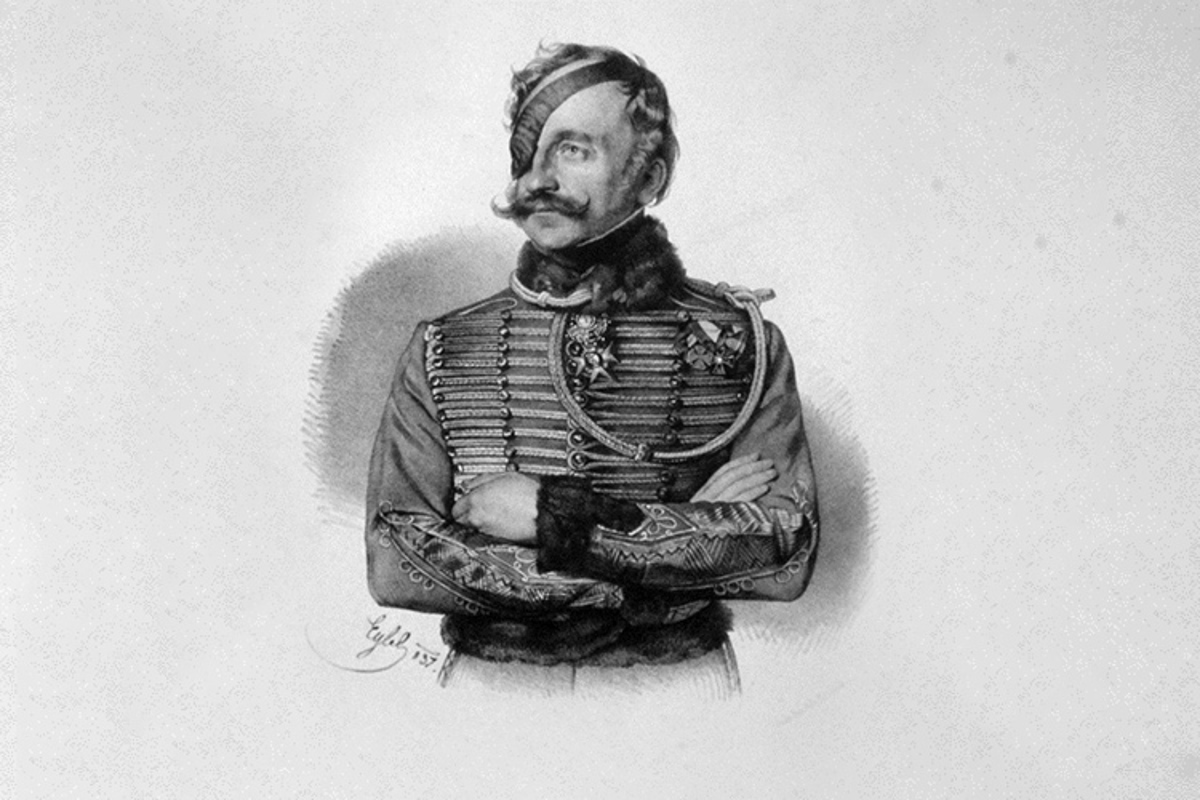The inventors of the tolar did not always play fair!

Franz Graf Schlik von Bassano und Weiskirchen, source Pexels.com
From ordinary townspeople, they made it all the way to counts and always got rich a little on the edge of the law. But they gave the world a coin without which even the famous dollars would not exist today.
We would find the first mentions of the Schlik family as early as the 14th century, but until a son Kašpar was born to a textile merchant from Cheb a century later, there was not much to talk about.
But Kašpar Schlik was made of a different material than his ancestors. He earned a doctorate in law at the University of Bologna and was then given a position at the court of Sigismund of Luxembourg. He first worked as his secretary. Then Zikmund elevated him to the status of lord, which opened up other career opportunities for Kašpar, which he immediately took advantage of: He gradually became pronotary, then vice-chancellor, and in 1433, also imperial chancellor.
Don't miss: Collector or investor?
Thanks to his position, he played a significant role in the acceptance of Sigismund as king of Bohemia, which, as you may remember from history, was complicated by the Hussites; In addition, Kašpar created a link between the Czech and Imperial environment even in the Hussite era. All this brought him not only an elevation to nobility and the title of earl, but also fabulous wealth, which consisted primarily of land and real estate.
To this day, it is not known whether he obtained all the assets legally
However, Kašpar's famous determination may have crossed the imaginary line of the law here and there. As chancellor of the Reich, for example, he had access to the monarch's seal and apparently used it just before Sigismund's death, after which the seal was destroyed by commission. He marked several blank parchments with it and thus made blank "originals" of royal documents.
Needless to say, his family guarded these parchments as their most precious treasure. In addition, as a lawyer and chancellor, Kašpar knew very well what requirements property documents must have. It was thus simply impossible to distinguish them from the originals.
The whole matter naturally led to many disagreements with the other nobles; Due to property disputes, the Schliks even waged a civil war with the two estates. It is very clear which of the property rights of the Schliks was genuine and which was not, but it is not actually to this day.
Mining permit? But please…
The family's extensive possessions included the island estate, which was taken over from his father Kašpar in 1516 by his son Štěpán. He definitely inherited his entrepreneurship from his father, but he also got a good dose of luck in his wine - however, he was also born on Christmas Day.
In the same year that Štěpán acquired the land around Ostrov nad Ohří, they discovered rich deposits of silver ore. So, silver appeared on the territory of today's Jáchymov as early as 1512, but according to the laws of the land, all the precious metals in the underground belonged to the sovereign and mining them was only allowed with his express consent and, of course, on the condition that he received his share of the wealth. And the Schliks did not have mining rights.
The documents from Jáchymov were burned... several times.
But the sight of enormous profits can do wonders; The Schliks therefore obtained investors from Saxony, who, in addition to the initial investment, also supplied the necessary technology and workforce, and the business could take off. The Jáchymovsk mines operated in a semi-secret and completely illegal system for the first few years. However, the Czech estate community was not able to do anything about it. The only problem for the Schliks was the fact that bullion silver could not be exported unless it was in the form of coins
Of course, they started to be minted in Jáchymov. And not just any: The legendary silver tolar was created there, which spread throughout Europe and to America, where they named their dollars after it. Unfortunately, the beginnings of the Jáchymov coinage will forever remain shrouded in the smoke of countless fires in the mint and the adjacent town hall, which swallowed most of the official files and records from that time. However, there are many interesting rumors about him, which are quite easy to believe given the family history of the Schliks and their attitude to the dilemma of "wealth versus compliance with the law". For example, that the Schliks had been minting and exporting coins for two years before they received official permission to mint them.
 čeština
čeština
 slovenčina
slovenčina
 english
english
